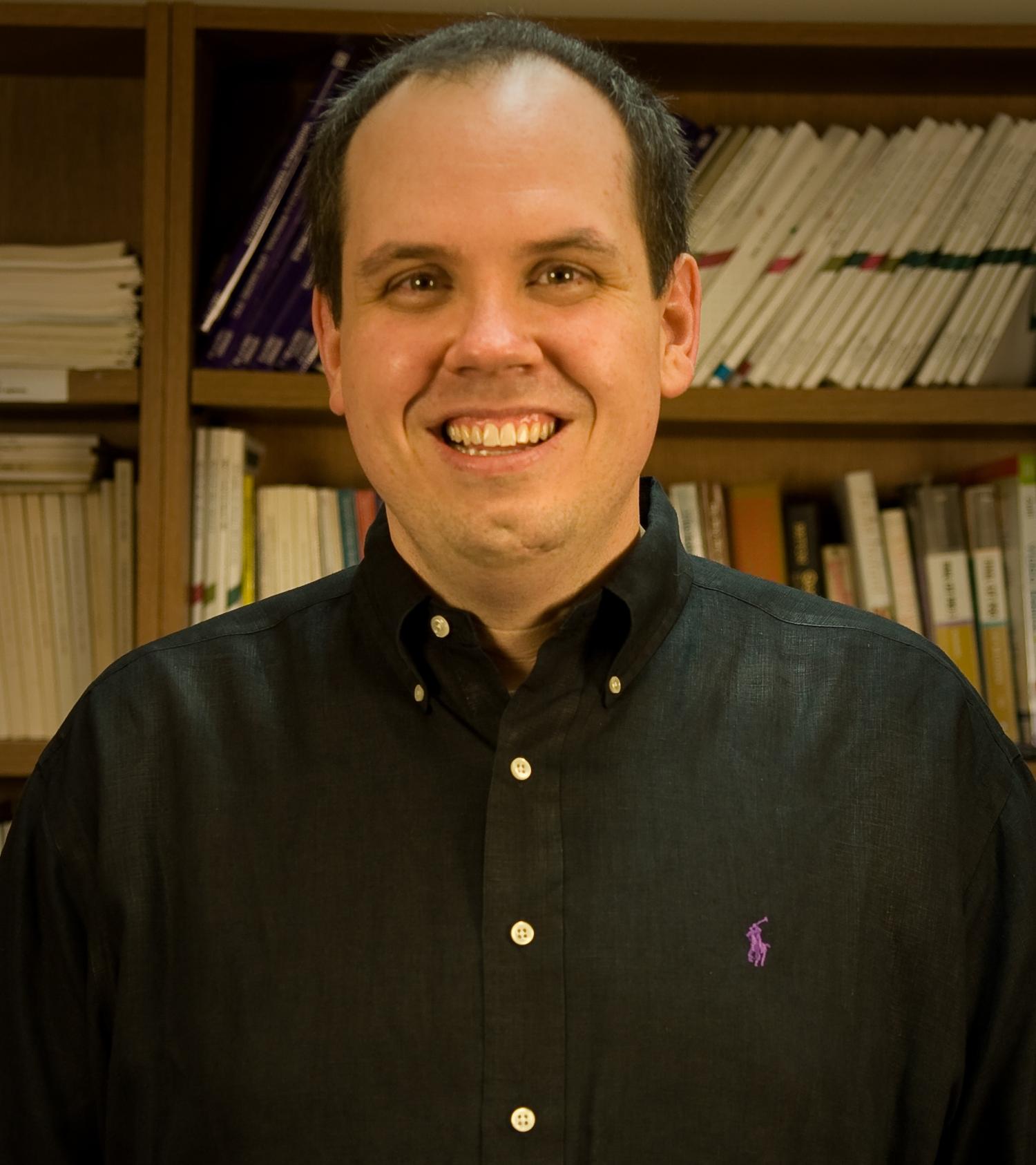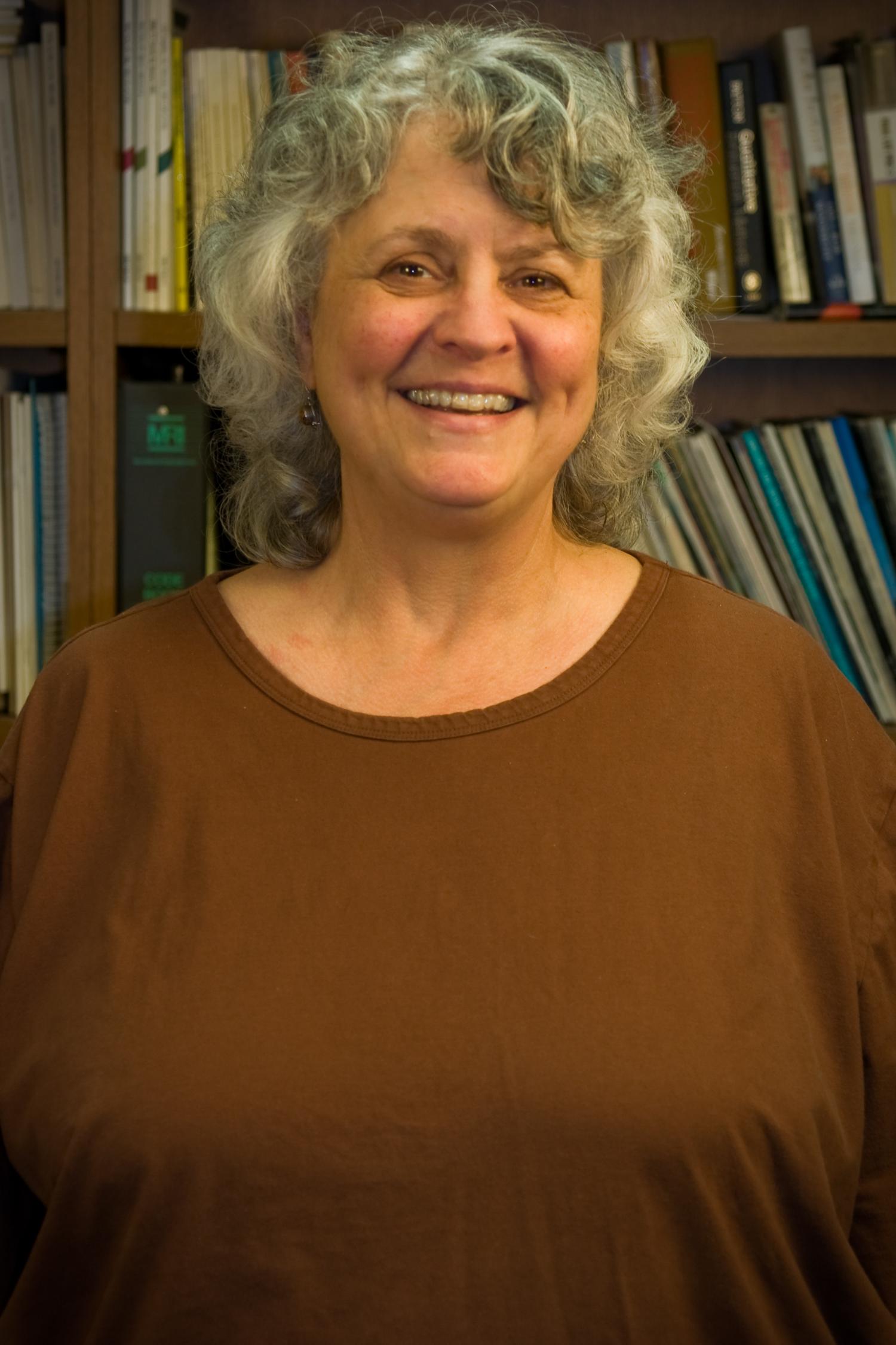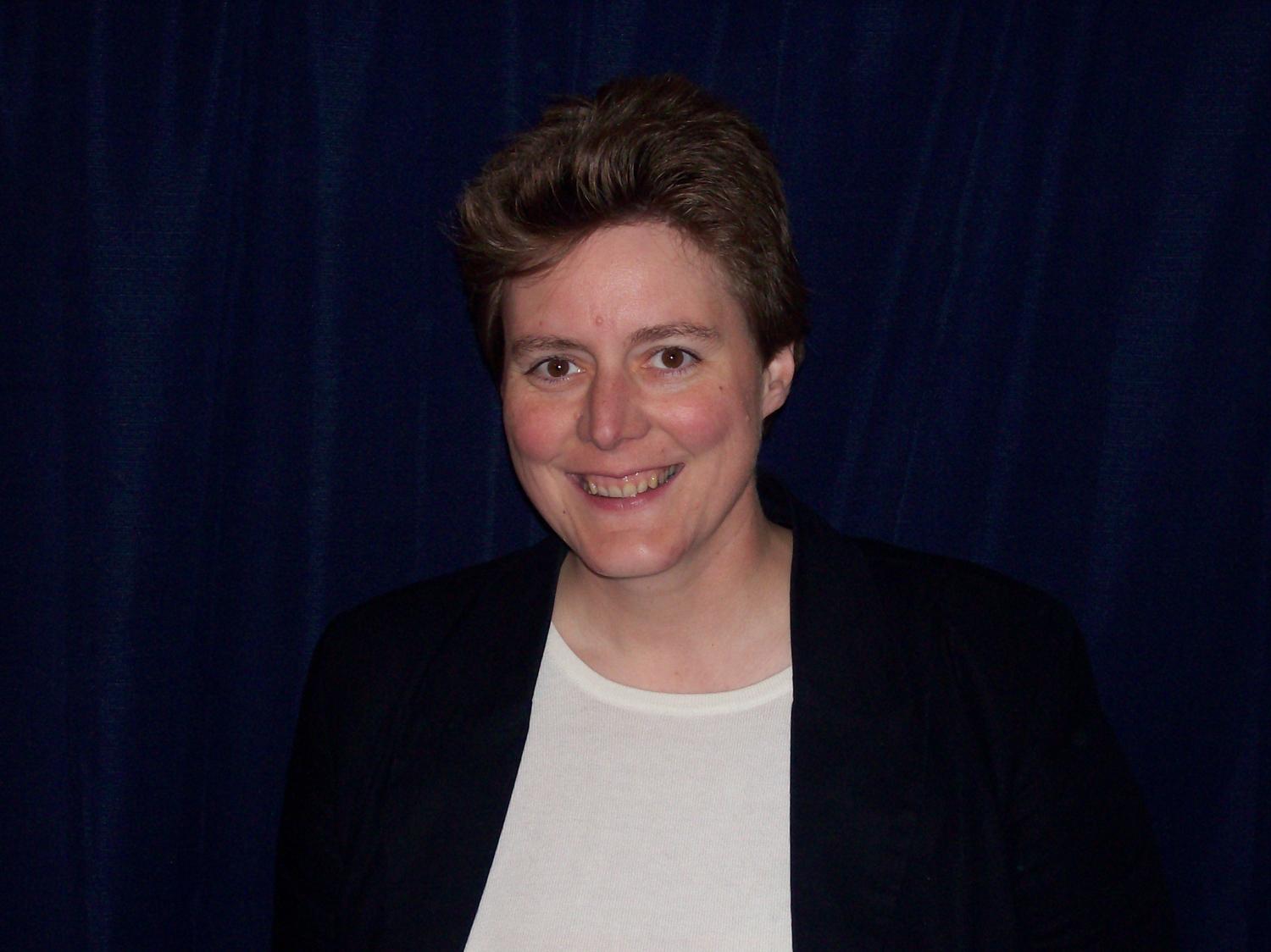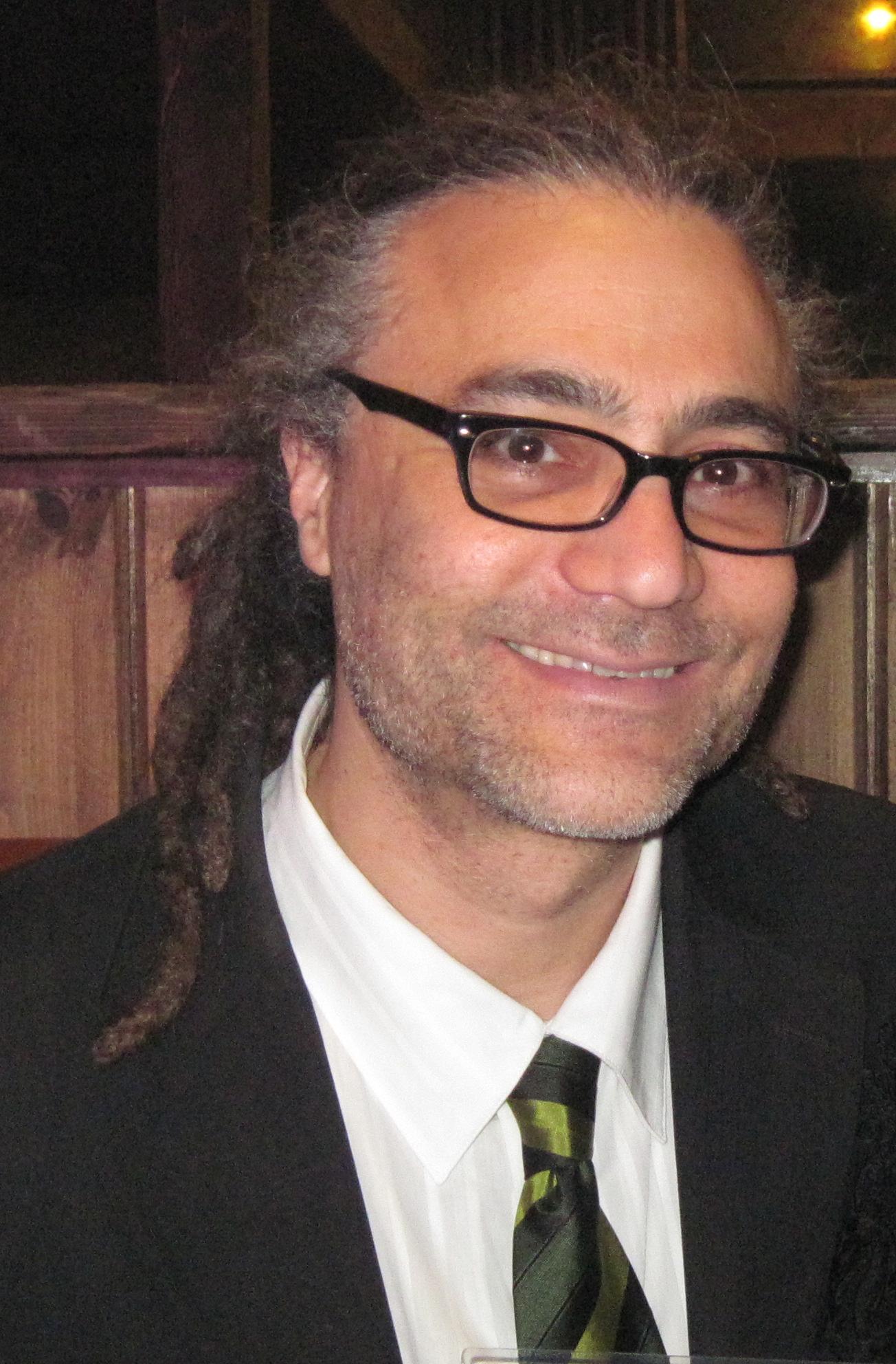About the Authors
Jason S. Wrench

Jason S. Wrench (EdD, West Virginia University) is an associate professor in the Communication and Media department at the State University of New York at New Paltz. Dr. Wrench specializes in workplace learning and performance, or the intersection of instructional communication and organizational communication. His varied research interests include communibiology, computer-mediated communication, empirical research methods, humor, risk/crisis communication, and supervisor-subordinate interactions. Dr. Wrench regularly consults with individuals and organizations on workplace communication and as a professional speech coach for senior executives.
Dr. Wrench has published five previous books: Intercultural Communication: Power in Context, Communication, Affect, and Learning in the Classroom (2000, Tapestry Press), Principles of Public Speaking (2003, The College Network), Human Communication in Everyday Life: Explanations and Applications (2008, Allyn & Bacon), Quantitative Research Methods for Communication: A Hands-On Approach (2008, Oxford University Press), and The Directory of Communication Related Mental Measures (Summer 2010, National Communication Association). He is currently working on five other book projects for Unnamed Publisher, Kendall-Hunt, Allyn & Bacon, and Praeger. Dr. Wrench was the editor of the Ohio Communication Journal from 2005 to 2007 and has served as an associate editor for Communication Research Reports from 2007 to 2010. Furthermore, Dr. Wrench has published over twenty research articles that have appeared in various journals: Communication Quarterly, Communication Research Reports, Education, Human Communication, Journal of Homosexuality, Journal of Intercultural Communication, Southern Communication Journal, The Source: A Journal of Education, and The NACADA Journal (National Association of Campus Advising). Many of his writings are available on his website at http://www.JasonSWrench.com.
Anne Goding

Anne Goding (MS, Eastern Washington University) is a lecturer in the Communication and Media department at the State University of New York at New Paltz. Ms. Goding specializes in the intersections of intercultural communication, storytelling, and public communication. From 1981 to 1992 Ms. Goding worked as a teacher for the Medicine Chief of the Bear Tribe Medicine Society in Spokane, Washington. Ms. Goding taught outdoor summer programs for adults, which included Native American philosophy; ceremonial etiquette in native societies; earth rituals; traditional women’s studies emphasizing Native Americans; the Sacred Pipe emphasizing Ojibwe and Paiute-Arapaho traditions; the sweat lodge ceremony and its symbolism emphasizing Ojibwe tradition; and the Vision Quest, a traditional rite of passage for contemporary people. From 1986 to 1989, Ms. Goding also worked as codirector of Bear Tribe Publishing Company.
In 1994 Ms. Goding received a mini-grant from Eastern Washington University Foundation for the development of a teaching package in visual presentation for public speaking. She has presented workshops on public speaking for a range of audiences. Ms. Goding has previously published the article “How Institutional Meanings Displace the Real Environment (Revisiting Rio)” in the International Journal of Communication.
Danette Ifert Johnson

Danette Ifert Johnson is Professor of Communication Studies at Ithaca College. She previously taught at West Virginia Wesleyan College and Texas Tech University. Danette completed her undergraduate studies in history and speech communication at West Virginia Wesleyan College and earned an MA in educational psychology from West Virginia University and an MA and PhD in communication studies from Northwestern University.
Over her almost twenty-year teaching career, she has taught courses ranging from introductory Business & Professional Communication and Public Speaking to graduate courses in Quantitative Research Methods and Interpersonal Influence. She has written over thirty published articles and book chapters, including articles in Communication Education, Communication Research, Western Journal of Communication, and Communication Teacher. Dr. Johnson has been recognized for her teaching with West Virginia Wesleyan’s (WVWC) Community Council Outstanding Faculty Award and WVWC’s Honors Faculty Member of the Year. In 2009, she was recognized as a Distinguished Teaching Fellow of the Eastern Communication Association (ECA). She is also a recipient of ECA’s Past President’s Award for early to mid-career scholarly achievement and service to the organization. Dr. Johnson is a past executive director of ECA and is presently first vice president-elect of the organization.
Bernardo A. Attias

Bernardo Alexander Attias (PhD, University of Iowa, 1997) is department chair and professor of communication studies at California State University, Northridge, where he has taught since 1994. Dr. Attias teaches a variety of courses, including Rhetorical Theory; Classical Rhetoric; Postmodern Rhetoric; Freedom of Speech; Rhetoric of Peace and Conflict; Rhetoric of Crime and Punishment; Communication and Technology; Intercultural Communication; and Performance, Language, and Cultural Studies. His research is primarily in the areas of rhetorical studies, cultural studies, performance studies, and critical theory; he has written on media coverage of warfare, the politics of psychoanalysis, the history of sexuality, and electronic dance music culture. Dr. Attias is also a DJ and performance artist, and he brings his creative energy and interests into his scholarship and pedagogy.



